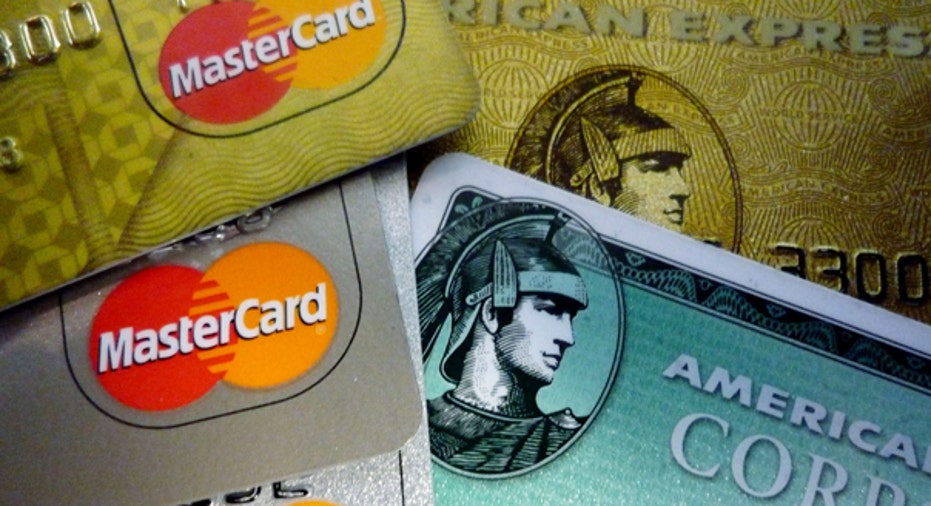Keeping Business Credit off of Your Personal Record

Dear Your Business Credit,
I want to keep business and personal separate. Which cards allow me to personally guarantee the card but not report to my personal credit report as an open account?
-Aaron
Dear Aaron,
Keeping your business finances separate from your personal ones is a smart decision. At the most basic level, it will help you avoid confusion in your financial record keeping. You'll never have to look back at a restaurant receipt at tax time and wonder: Was this a business dinner -- or a night out with the guys?
Taking the next step toward separating your business and personal finances by forming a limited liability company or LLC will also bring some personal protection from legal liabilities at your business. As long as you maintain the LLC properly, if someone sues the business, they will have to go after the assets of the business, rather than personal assets like, say, your house. A good lawyer can advise you on the best ways to safeguard your liability protection. One key step is using a separate credit card for purchases made by the LLC.
In answer to your question, corporate cards for big companies will often come with "commercial liability," where the company is considered fully responsible for the debt. However, as you may have discovered, most small business credit cards offer "joint and several" liability, where you, as an individual, share responsibility for the business debts with your company. That means that you become a co-signer on the agreement and are equally responsible for the debt.
Whether that card shows up on your personal credit record depends on the specific card. According to a December 2012 report by the Consumer Financial Protection Bureau, banks "who issue revolving credit to consumers usually report trade line information monthly on consumer cards but are less likely to report on small business cards even when these are owed by, and underwritten based on, the personal credit history of the business owner."
Bank policies are always in flux, so it's best to check with the issuer about its practices before you sign up for a small business card. But here are some general guidelines.
Chase says that as long as payments are made on time for its Ink business cards, the accounts don't show up on the cardholder's personal credit record. The Capital One Spark and American Express OPEN business cards follow the same policy, according to Rohit Arora, CEO of Biz2Credit, an online loan broker based in New York City. Capital One and American Express did not respond to requests for comment.
Others say Chase's approach is common. Troy Holland, CEO of HIC Financial, which helps low- to moderate-income entrepreneurs get access to capital, says that from his experience, nine times out of 10, responsible use of business cards won't show up on your personal credit record.
The main exception that Arora has seen is if you're perceived as relying too heavily on credit. If you're using more than half of your credit limit on your business card, and you're only making the minimum payment each month, your behavior will likely be reflected on your personal credit record.
And, of course, if you default, all bets are off. Pay more than 45 days late and it will go on your personal record, according to Arora. The same will happen if you withhold payment over a dispute and it isn't resolved within 90 days or so.
One final consideration is whether a new credit card is right for you in the first place. Many small businesses are having trouble paying their debts right now. According to Experian and Moody's Analytics Small Business Credit Index, delinquent balances rose significantly in the fourth quarter of 2012 because of sluggish retail sales that hurt small business revenues.
While it's great to have credit available, you don't want to put yourself in a situation where you're in over your head. It's a lot more fun to run a small business if you stay in the black.
See related: Regularly broaching credit limit on business card brings risks, Should you fund your startup business with a credit card?, How businesses can start on the road to credit



















